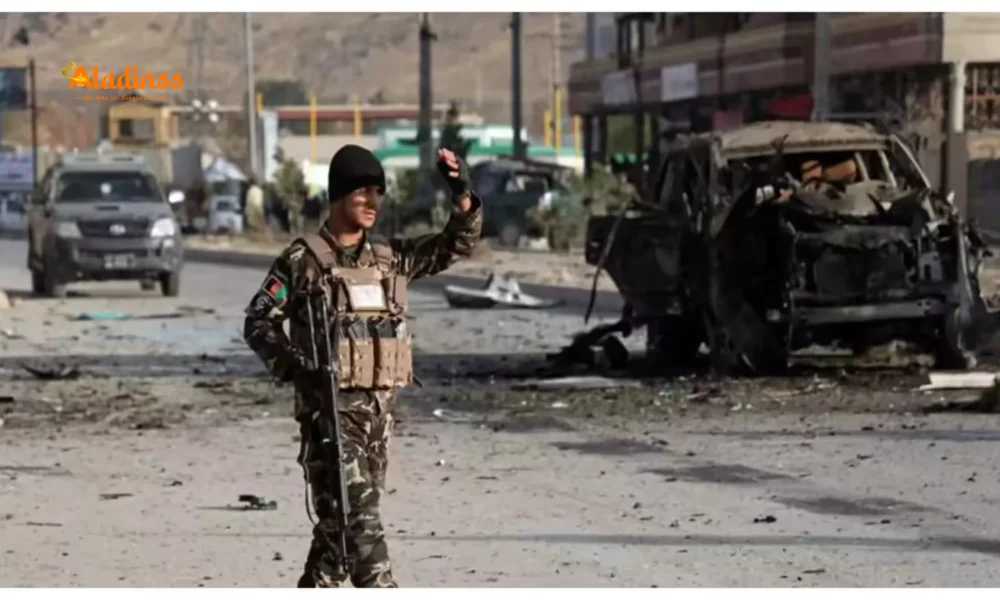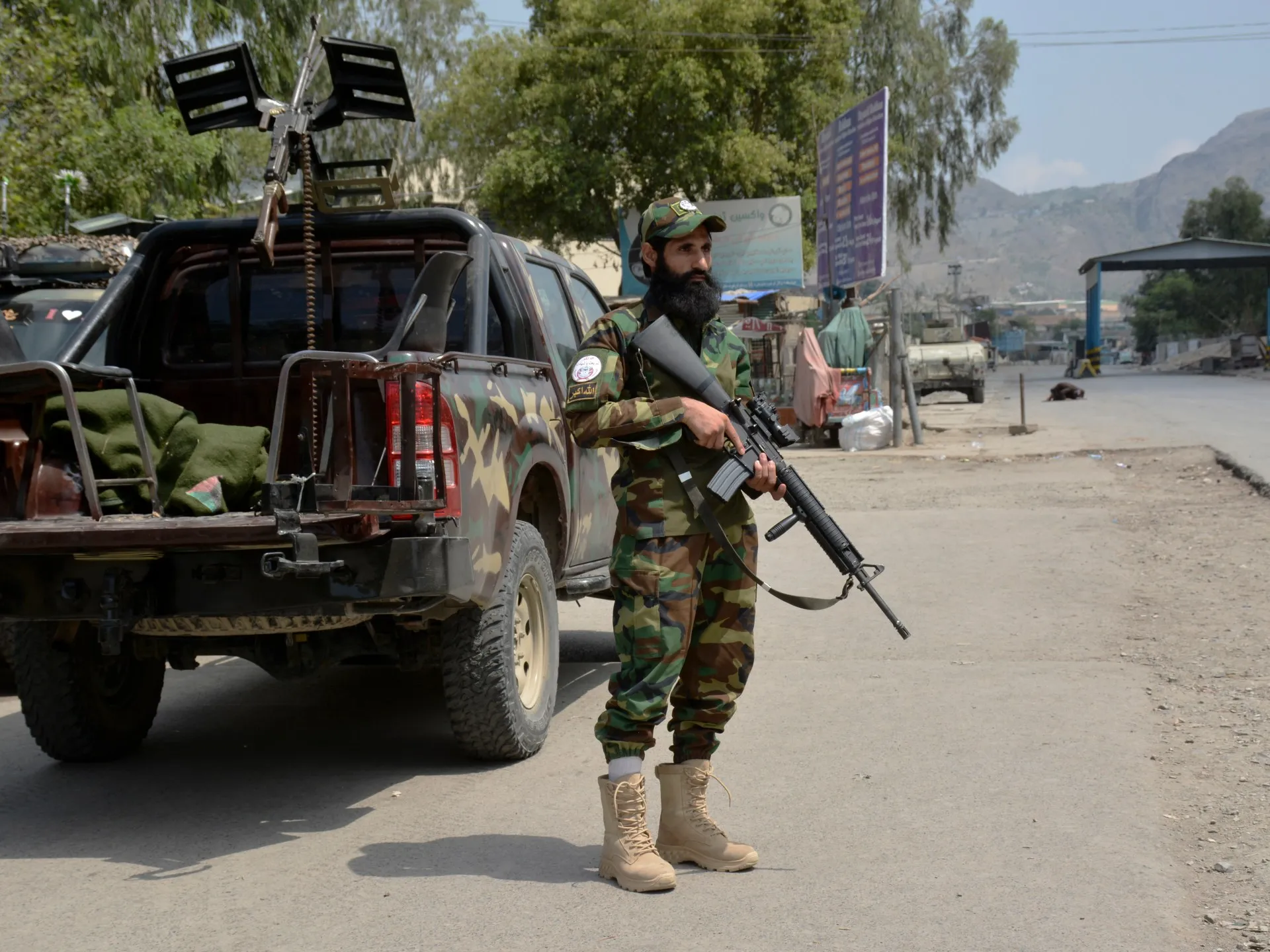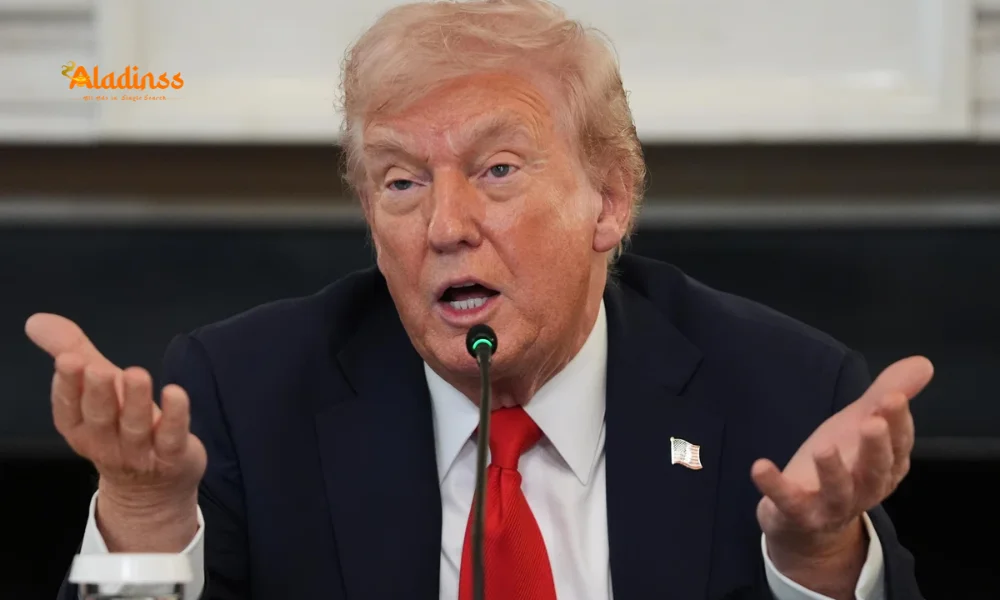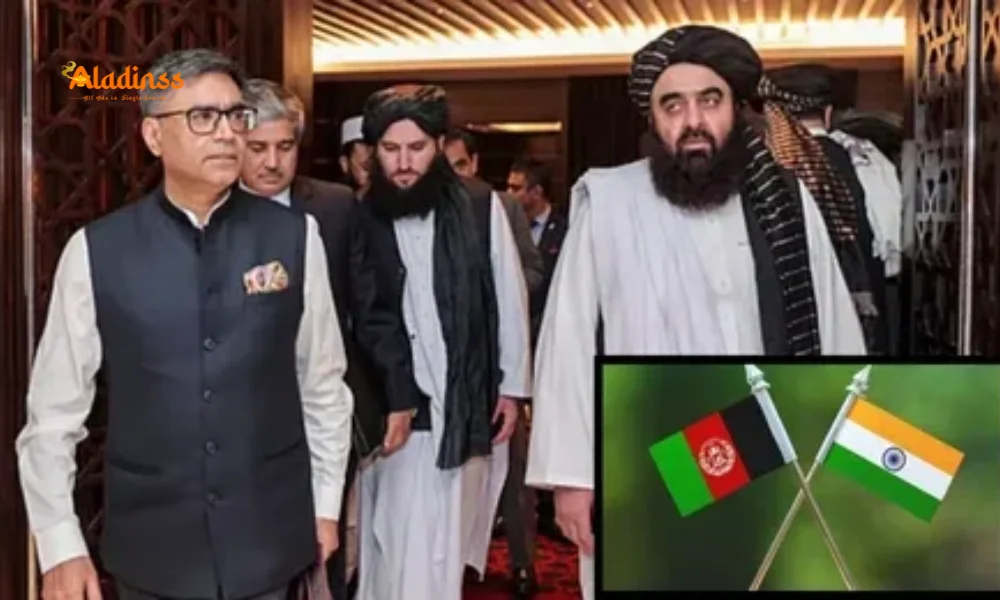Pakistan Airstrike Hits TTP in Kabul Tensions

Pakistan's Bold Airstrike in Kabul Targets TTP Leader: Escalating Border Tensions
Kabul experienced a jolt from two resounding blasts followed by bursts of gunfire, with eyewitnesses noting the roar of a combat aircraft slicing through the capital's skies. Intelligence insiders point to this as a precision Pakistan Afghanistan airstrike, zeroing in on Tehrik-i-Taliban Pakistan (TTP) commander Noor Wali Mehsud at a fortified hideout in eastern Kabul shared with al-Qaeda operatives. Though the raid neutralized the site, a leaked audio from Mehsud affirms his relocation to Pakistan unharmed, albeit mourning his son's death in the assault. The operation's focus on a prime Pakistani insurgent hints at clandestine transboundary action, timed mere days after Islamabad's Defense Minister Khawaja Asif lambasted Kabul for sheltering militants, fueling suspicions of reprisal strikes possibly executed by Pakistan or proxies leveraging its intel and logistics.
This audacious move, the first overt incursion into Kabul post-2021 Taliban resurgence, underscores Islamabad's resolve amid mounting cross-border threats. With the Taliban's nascent air defenses woefully inadequate and the Afghan Air Force a relic, such maneuvers-potentially involving Pakistani jets augmented by foreign expertise-have Taliban insiders decrying a flagrant breach of sovereignty. The episode unfolds as Afghanistan's Acting Foreign Minister Amir Khan Muttaqi engages in Delhi diplomacy, slated for bilateral huddles with India's External Affairs Minister S. Jaishankar and National Security Advisor Ajit Doval, injecting regional ripples into Indo-Afghan ties.

The hit on Mehsud's kin risks fracturing TTP's consultative council, already riven between Kabul loyalists and Rawalpindi hardliners, per security observers. This schism could cascade into chaos along volatile frontiers like Kunar, Nangarhar, and Paktika, exacerbating the fraught Pakistan-Taliban dynamic and stoking fears of renewed militancy spillover.
Incident Breakdown: Explosions, Jet Sighting, and Intelligence Confirmation
The sequence ignited around dusk on October 8, 2025, with dual detonations reverberating through Kabul's eastern suburbs, trailed by sustained small-arms fire. Local denizens described a low-flying warplane-speculated as a Pakistani JF-17 Thunder-patrolling overhead, a rarity in Taliban-controlled airspace bereft of robust radar nets. Eyewitness videos, circulating on social platforms, captured plumes of smoke from a nondescript compound in the Bati area, long whispered as a TTP nerve center.
Corroborating intel from Pakistani ISI channels, accessed by CNN-News18, verifies the payload struck Mehsud's operational hub, a labyrinthine facility harboring TTP planners and al-Qaeda logisticians. Mehsud's voice note, timestamped hours later, conveys his evasion to safe havens across the Durand Line, lamenting his heir's casualty but vowing reprisals. This survival narrative, while bolstering his aura among foot soldiers, exposes TTP's vulnerability to surgical hits, echoing 2019's drone takedowns in Waziristan.
The assault's choreography-minimal collateral, pinpoint accuracy-suggests advanced standoff munitions, possibly Spice kits from Israeli suppliers via Pakistan. No official Kabul acknowledgment has surfaced, but Taliban grapevine buzzes with outrage, viewing it as emblematic of Islamabad's "hegemonic overreach" since August 2021's chaotic handover.
- Time: Dusk, October 8, 2025, eastern Kabul.
- Assets: Suspected JF-17 jet, precision-guided bombs.
- Casualties: Mehsud's son; compound razed, no civilian reports.
- Aftermath: Gunfire exchanges, Taliban cordon.
This precision underscores evolving asymmetric warfare, where state actors bypass proxies for direct interdiction, heightening escalation ladders in South Asia's tinderbox.
Also Read: Bengal SIR Row: Mamata vs EC Heats Up
Retaliatory Motive: Linking Asif's Accusations to Kabul Raid
The timing-48 hours post-Asif's blistering UNGA address on October 6, 2025, indicting Kabul for "exporting terror" via TTP sanctuaries-screams vendetta. Asif's salvo, detailing 200+ cross-border assaults since January, demanded Taliban crackdowns, a refrain echoing since 2022's Operation Zarb-e-Azb extensions. Sources posit the strike as Islamabad's riposte, leveraging real-time HUMINT from Afghan assets to greenlight the op.
Third-party involvement-whispers of US or UAE drone relays-adds layers, aligning with Quad frameworks pressuring Pakistan on militancy. This marks a doctrinal shift from 2021's restraint, when Taliban overtures promised TTP reins, now frayed by 1,500 Pakistani casualties annually. The raid's success, sans Taliban intercepts, exposes Haqqani network frailties, potentially eroding Doha Accord goodwill.
Geopolitically, it complicates China's CPEC stakes, with Gwadar-Kabul corridors imperiled by flux. Asif's follow-up briefings hint at more if TTP persists, signaling a "hot pursuit" era redux.
Taliban Fury: Sovereignty Breach and Air Defense Gaps Exposed
Taliban spokesmen, in off-record leaks, brand the incursion a "cowardly affront," invoking Pashtunwali codes against kin-targeted vengeance. Lacking MiG-29s or S-300s-scrapped in US withdrawals-their response hinges on asymmetric reprisals, like IED ambushes in Khyber Pakhtunkhwa. This vulnerability, per Jane's analysts, invites opportunists, from IS-K to Uzbek proxies, to exploit the void.
The optics-jets unmolested over Kabul-humiliate the Islamic Emirate, straining ties with backers like Iran and Qatar. Internal memos, per sources, urge air force revival via Pakistani F-16 spares, ironically looping back to the aggressor.
Muttaqi's India sojourn, kicking off October 7, acquires urgency, with agendas probing Delhi's counter-terror playbook amid SCO frictions. Jaishankar-Doval parleys could yield intel swaps, fortifying Afghan buffers against Pakistani adventurism.
TTP Fractures: Son's Death and Shura Schisms
Mehsud's bereavement strikes at TTP's succession core, with his progeny groomed as heir apparent. The Shura-split between urbanite Kabulis and rugged Pakhtunkhwa veterans-now teeters, per CTC reports. Pro-Rawalpindi elements may defect to ISKP, while Kabul diehards plot vengeance, risking internecine strife.
Border hotspots-Kunar's refugee camps, Nangarhar's smuggling trails, Paktika's tribal jirgas-brim with volatility, where TTP remnants could ignite proxy wars. Analysts forecast 20% cadre hemorrhage, diluting anti-Pak ops but birthing splinter threats akin to 2009's Swat meltdown.
Mehsud's Pakistan perch-likely in Balochistan redoubts-complicates pursuits, demanding ISI-ISIS-K truces, a diplomatic minefield.
Regional Repercussions: India, China, and Broader South Asia
Delhi watches warily, with the strike validating Balakot-esque doctrines against safe havens. Muttaqi's visit-eyeing $500 million aid-could yield Chabahar pacts, countering Gwadar encroachments. Doval's NSA lens might greenlight Chabahar expansions, fortifying anti-TTP flanks.
Beijing, with $62 billion CPEC at stake, urges restraint via backchannels, fearing TTP sabotage of dams like Dasu. SCO summits loom as arbitration arenas, where Xi's mediators bridge Kabul-Islamabad chasms.
US echoes, via Blinken, call for de-escalation, tying aid to Taliban inclusivity. This triad-Pakistan's assertiveness, Taliban's impotence, TTP's implosion-portends a volatile 2026, where border skirmishes eclipse diplomacy.
Strategic Analysis: Implications for Militancy and Stability
Experts dissect the raid as a "threshold crosser," per Brookings' Madiha Afzal, emboldening Pakistan's deep-state against non-state actors. Taliban reprisals-via Haqqani IEDs-could claim 500 lives yearly, per UN estimates, straining refugee flows into Iran.
TTP's woes might redirect fury toward urban Pak targets, mirroring Lashkar's post-26/11 pivots. For Afghanistan, sovereignty erosions hasten isolation, with UN sanctions looming if terror exports persist.
In sum, this Noor Wali Mehsud strike catalyzes a chain reaction, where one family's loss ignites regional conflagrations, demanding multilateral firewalls to avert wider infernos.
Comment / Reply From
No comments yet. Be the first to comment!











